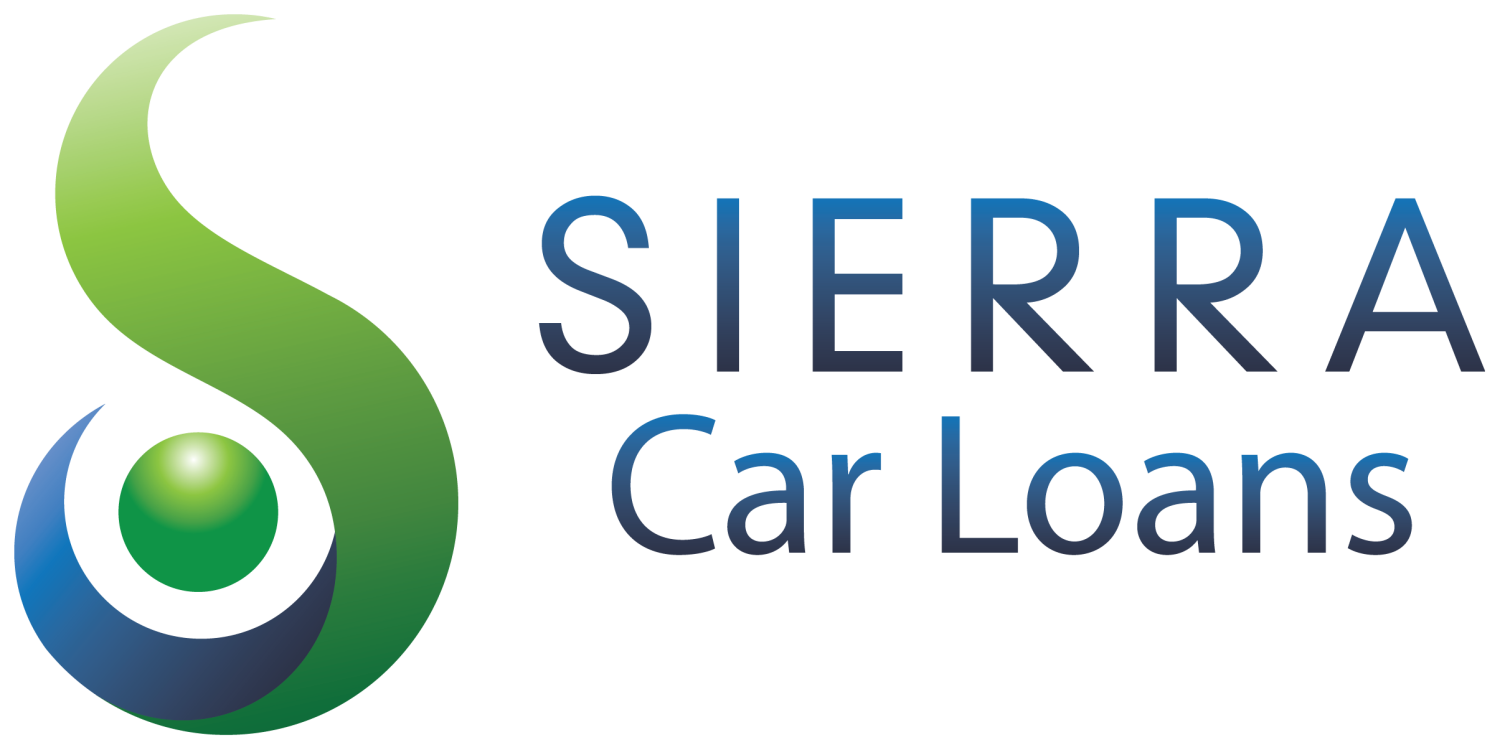If you’re buying a car or commercial vehicle for business purposes, you may be eligible for specialised asset finance like a Chattel Mortgage. These loans are designed for ABN holders and can offer flexibility with repayments, GST treatment, and documentation requirements.
Here’s how the process works with a finance broker and what to expect depending on your business structure and financial profile.
Initial Consultation:
Your broker will start by understanding your business setup—whether you’re a sole trader, company, or trust—and how the vehicle will be used. They’ll also confirm whether the car is being used primarily (more than 50%) for business purposes, as this determines eligibility for a business-use loan.
At this stage, your broker will also assess whether you may qualify for a Low-Doc or No-Doc option. These are designed for applicants who don’t have up-to-date financials or tax returns but can demonstrate serviceability through other means.
Application Assessment:
Based on your ABN age, GST registration, and asset position, your broker will match your profile to suitable lenders. No-Doc options may be available to strong applicants with a proven asset base or clear property ownership. Low-Doc loans typically require basic documents like BAS statements, bank statements, or an accountant’s declaration.
The goal is to ensure you access the best structure without overcomplicating the paperwork—especially for small or new businesses.
Documentation Verification:
Your broker will request supporting documents relevant to your loan type. For Full-Doc loans, this may include tax returns and financial statements. For Low-Doc or No-Doc, they may ask for GST registration proof, business activity summaries, or asset schedules.
Some lenders also offer replacement policies—where you can refinance an existing business-use vehicle with minimal documentation, provided your conduct has been strong.
Lender Selection:
Your broker will review business-focused lenders who offer asset finance, including banks, specialist finance companies, and private lenders. Some will be more flexible on documentation or credit scoring, especially if the loan is secured by a strong vehicle or backed by a property-owning director.
Chattel Mortgages are often the recommended option for business users, as they allow potential GST claims, depreciation, and instant asset write-offs, subject to Accountant advice.
Review and Approval:
Once the broker identifies the most suitable lender and structure, they’ll provide a clear quote outlining repayments, terms, and any residual balloon options. If you’re happy, the application proceeds to the lender for approval.
Loan Documentation and Settlement:
After approval, your broker will gather final documents from you and the seller, prepare contracts, and coordinate settlement. Some business loans may also require insurance, proof of business use, or ID verification depending on the lender.
Once contracts are signed and conditions met, the lender will pay the vehicle seller directly, and your repayments will begin as scheduled.
Timeline:
Business-use vehicle finance can be settled very quickly—often within 24 hours from approval to settlement—especially for replacement vehicles or low-doc applications where conditions are minimal.
A Chattel Mortgage or business car loan can be a tax-efficient, flexible option for ABN holders. With the right broker, even self-employed borrowers with limited documentation can secure competitive finance tailored to their business structure.
✅ Tip:
Always speak to your accountant about how a Chattel Mortgage or Low-Doc loan may affect your tax planning and deductions.


